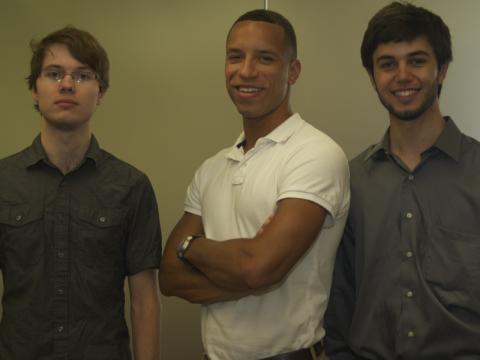Adaptive Multifactor Routing with Constrained Data Sets
Torger Miller (College of Wooster), Cody Ross (University of Houston), Matheus Barbosa (Federal University of Itajubá (UNIFEI). Brazil)
Autonomous vehicles (AV) depend on reliable wireless communication with a remote operator or database for safe operation along a path. With that, we plotted a real world map showing various signal strength in heat map, called heat readings. These heat readings represent the coverage strength in a 2G and LTE network. One novel test of the algorithms we propose is their level of accuracy when only partial knowledge of one or more factors is available. We constrain the knowledge of signal strength along a route and measure how close to the optimal solution various algorithms perform. In addition we consider the execution speed of each algorithm as the number of nodes increases. In our specific use case, nodes represent road intersections. By integrating heat maps of network signal strength with a routing algorithm, an optimal path can be determined with a measurable capacity. We work with both this real world data and simulated signal maps to refine an approach defining ideal routes based on distance and signal strength.
Note: Matheus Barbosa participated with the support of the University of Arizona Latin American Scholars Program (LASP).

